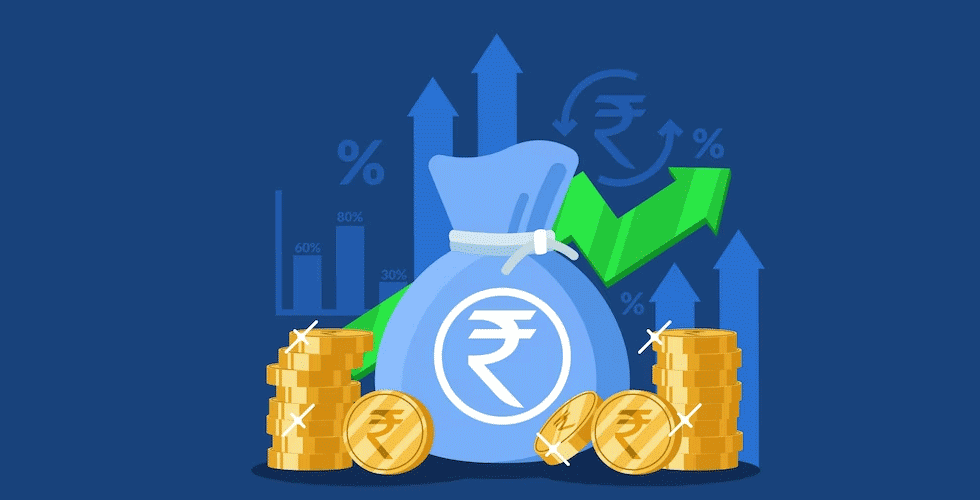Are you planning to shift to a more plant-based diet but you can’t promise to fully switch to vegetarianism? A pescatarian diet may be suitable for you.
Simply put, a pescatarian diet focuses on plant-based foods, eliminating meat and poultry but does allow seafood, like fish and shellfish, to be consumed.
While switching to a pescatarian diet has tons of benefits, we can’t deny the fact that other people still don’t get the idea.
For instance, your meat-loving family may disagree by bringing up the argument that “you can’t get protein without meat” or “not eating meat will make you weak and miserable.”
To put an end to these false claims and finally give yourself some peace of mind about becoming a full-pledge pescatarian, let’s read these 7 common misconceptions one by one and debunk them.
Myth 1: Pescatarians are heavy seafood eaters
No, a pescatarian’s diet is more diverse and balanced than a plate loaded with shrimps, crabs, mussels, and fish. Pescatarians have a well-balanced diet, and not to mention, one of the most nutrient-dense diets there is.
Just think of it as a plant-based diet with the inclusion of fish and seafood, making it easier to hit one’s protein and omega-3 goals.
A pescatarian diet has a high intake of fruits, vegetables, beans and legumes, quinoa, tofu, nuts and butters, and grains. Other pescatarians also include dairy and milk into their meals.
Myth 2: You won’t get enough protein with fish
Just because pescatarians don’t eat red meat and chicken doesn’t mean they don’t get sufficient protein. They’re not the only valid protein sources, you know?
Seafare animals, like fish and shellfish, are a great source of lean protein and other nutritional benefits you can obtain from land animals.
Moreover, pescatarians can also get their daily dose of protein from plant-based sources like grains, beans, soy, and nuts.
It’s also worth noting that by eliminating meat from your diet, you cut back on your intake of saturated fat, which meat products are high on.
Myth 3: You’ll get nutrient deficiencies
False. In fact, a pescatarian diet is viewed by experts as one of the healthiest diets there is.
Unlike other fad diets, pescatarians aren’t restricted to their intake of carbohydrates or are placed on a diet extremely low in calories.
Research suggests that regular fish consumption is associated with several benefits like reduced risk of heart disease, depression, stroke, Alzheimer’s, and other chronic illnesses.
Many of the disease-fighting benefits of fish and shellfish come from its omega-3 fatty acids, which are linked to lowering cholesterol, triglycerides, inflammation, and even blood clotting.
Since many folks don’t get enough omega-3s in their diet, switching to a plant-based diet with some extra help from the fruits of the sea is a great move.
Myth 4: Pescatarians are less likely to enjoy their food due to the lack of variety
Does your idea of a pescatarian diet include a sad plate of a fish fillet with a side of bland salad? Well, the good news is you can reap the health benefits of a pescatarian diet while satisfying your palate.
There is a wide range of vegetarian and seafood dishes all over the world that are so good you’ll forget about meat and cheese.
You just need to make sure you have access to the top fresh seafood delivery suppliers in town as well as the best pescatarian resources.
You can even enjoy your favourite meat-based meals, like pizza, pasta with meat sauce, and tacos, and use seafood as a lighter, healthier alternative.
Myth 5: The joy of eating out won’t be the same if you go pescatarian
With restaurants introducing more plant-based and seafood-based options that fit a pescatarian diet, you won’t feel left out when you eat out with your family and friends.
In fact, pescatarians have a better advantage than vegetarians when eating out since many restaurants seldom have a vegetarian option that isn’t just a salad or a plant-based soup.
Myth 6: Pescatarians aren’t helping the environment
“Fish, like land animals, has a life too, so you’re no different from a meat eater.” Aren’t you tired of hearing this remark?
Some people’s dietary choices aren’t just based on health concerns – other people refrain from eating meat due to environmental and ethical reasons, like inhumane factory farming practices and opposition to the killing of animals.
Sourcing fish and other seafood (especially wild-caught varieties) contribute less to the human’s carbon footprint and are less of a strain on natural resources.
If you’re concerned about the ethics of how your food is raised, you may stick to fresh seafood delivery suppliers who observe the same standards.
Myth 7: Pescatarian diets are high in mercury
While excess mercury is indeed a legit concern among seafood lovers, remember that not all fish varieties contain mercury.
Larger, predatory fishes, like the shark, swordfish, and king mackerel, tend to have higher mercury levels, while smaller fishes and shellfish have low to zero mercury.
There are ways to eat fish and seafood without intaking too much of this contaminant – like keeping a balanced diet.

















Add Comment